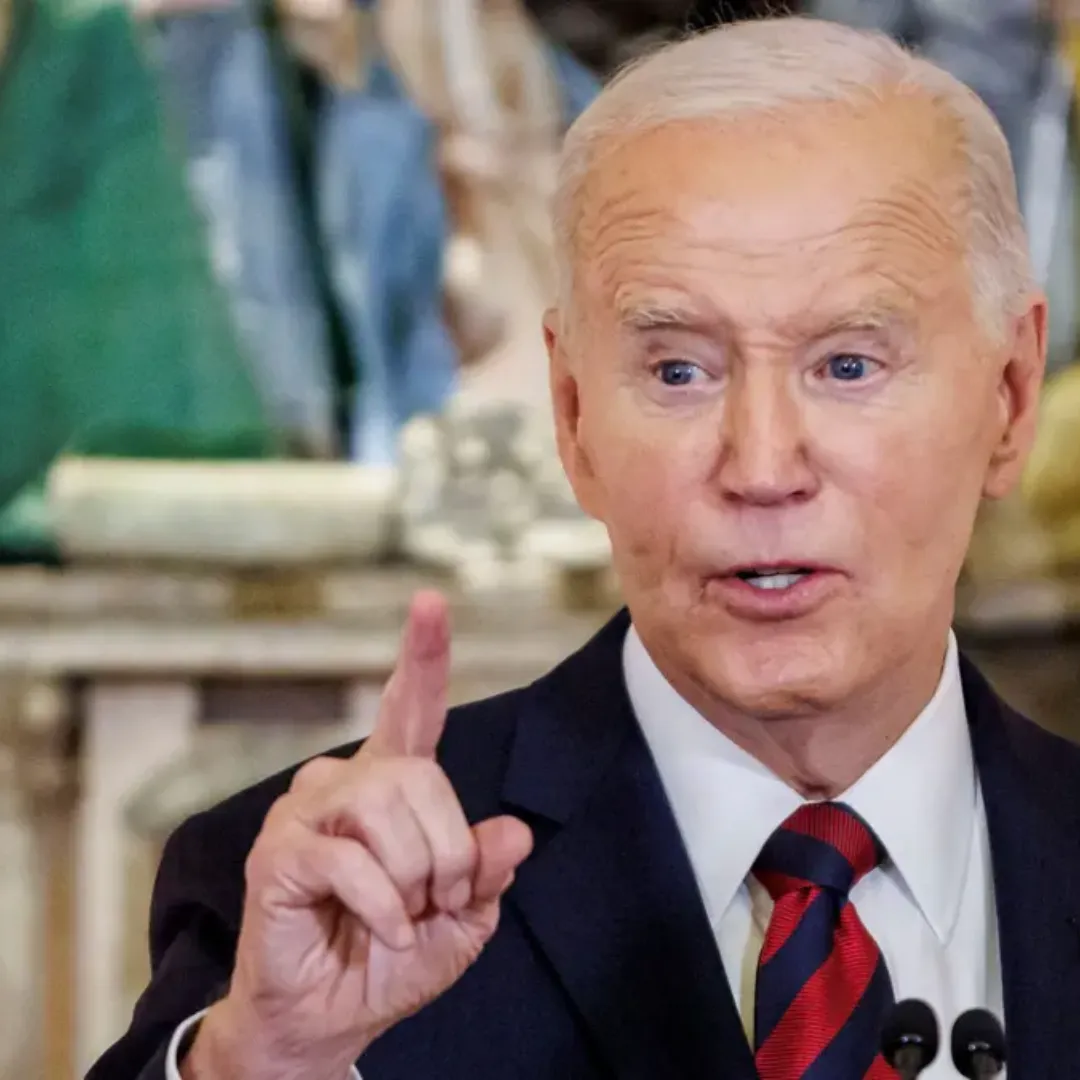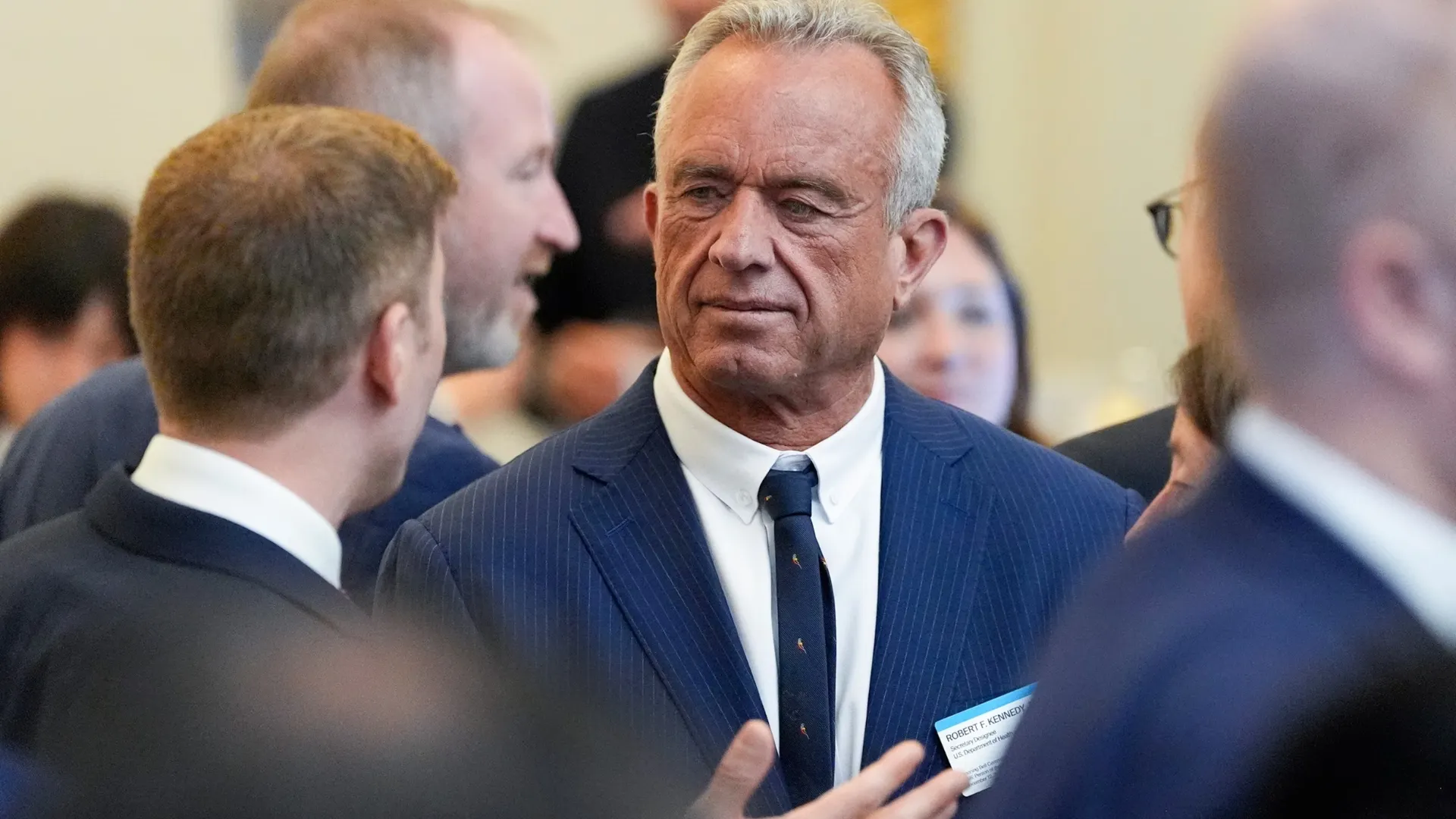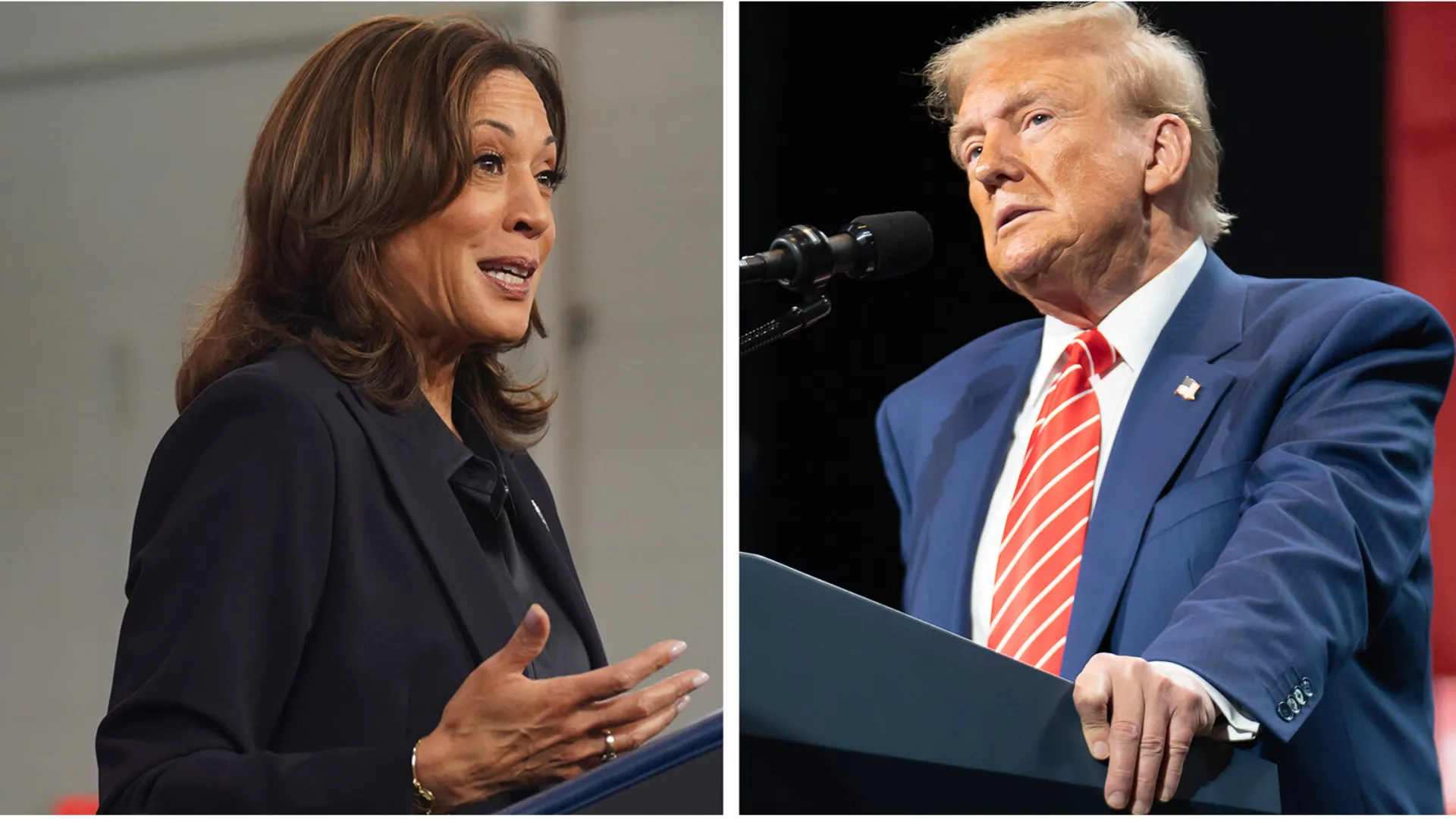
President Joe Biden is under fire for vetoing the JUDGES Act, a bill that aimed to create 66 new federal judgeships over the next decade in response to ballooning caseloads. The legislation, which initially had bipartisan support, faced delays until after the recent election.
The JUDGES Act proposed gradually adding federal judgeships across 13 states through 2035 in staggered two-year increments.
With President-elect Donald Trump set to take office, the bill would have allowed him to nominate nearly two dozen judges during his term. However, Biden rejected the bill on Monday, citing concerns about the timing and motivations behind its passage.

In his veto message, Biden argued that caseload concerns were not the real reason for pushing the legislation. He suggested the bill was strategically timed to create new judgeships in states where senators had delayed filling current vacancies in anticipation of Trump’s presidency.
“S. 4199 seeks to hastily add judgeships with just a few weeks left in the 118th Congress. The House of Representatives’ hurried action fails to resolve key questions in the legislation,” Biden wrote.
Criticism came swiftly from judiciary officials and lawmakers. Judge Robert Conrad, director of the Administrative Office of the United States Courts, called Biden’s veto “extremely disappointing.” Conrad emphasized that the bill was the result of meticulous analysis, focusing on the caseloads of active judges and contributions from senior, magistrate, and visiting judges.

“This veto deviates from the historical precedent of approving judgeship bills that provided new seats to sitting presidents. The President’s veto is contrary to the actions of Senator Biden, who supported many similar bills in the past,” Conrad said.
Conrad’s office, overseen by the Judicial Conference—the policymaking body of the federal judiciary—had recommended the additional judgeships to Congress, leading to the introduction of the JUDGES Act.
Supporters of the bill highlighted the urgency of addressing the backlog in federal civil cases, which has surged by 346% over the past 20 years. As of March, roughly 82,000 cases were pending in federal courts, underscoring the need for more judges to ensure timely justice.

The Democratic-controlled Senate passed the bill unanimously in August, but it didn’t reach a vote in the Republican-led House until this month, following Trump’s election victory. Although the bill ultimately passed 236-173, most House Democrats opposed it, and Biden followed through on his promise to veto it.
The veto disappointed many judicial advocates, including the Federal Judges Association, chaired by Michelle Childs, a Biden-appointed federal appeals court judge. Childs was previously considered for a Supreme Court nomination by Biden.
Gabe Roth, executive director of Fix the Court, a watchdog organization advocating for judicial reforms, described Biden’s decision as damaging to his legacy. “President Biden’s veto of the JUDGES Act is an embarrassing end to what has otherwise been a productive four years of reshaping the judiciary,” Roth said.

Republican lawmakers also lambasted the veto, with Sen. Todd Young (R-Ind.), a key supporter of the bill, accusing Biden of partisan motives. Young invoked the president’s controversial pardon of his son, Hunter Biden, as an example of misplaced priorities.
“The President is more enthusiastic about using his office to provide relief to his family members who received due process than he is about giving relief to millions of regular Americans waiting years for their due process,” Young wrote on social media.
The veto has sparked a broader debate about the politicization of judicial appointments and the future of federal court reforms as Biden faces scrutiny for his decision.



